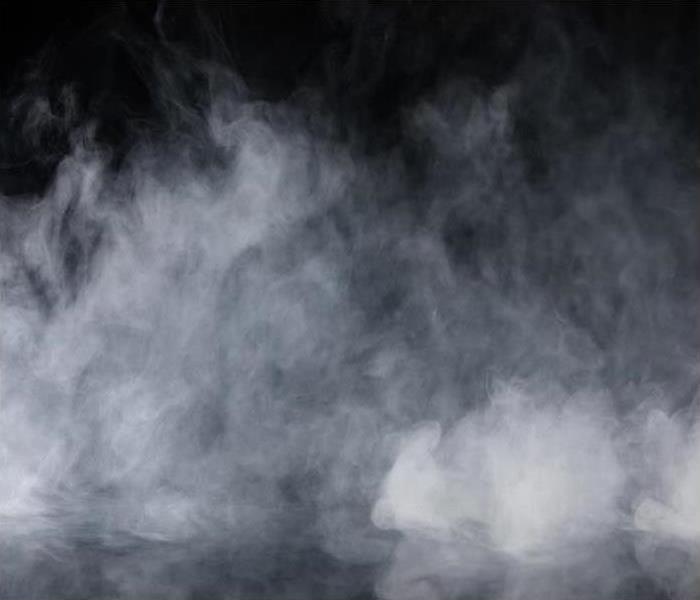Smoke and Soot Facts You Should Know
6/27/2019 (Permalink)
Fires happen and quickly! A fire increases in size every 60 seconds. The aftermath of a fire can be very invasive. While the flames themselves may be extinguished before reaching throughout your entire property, they come along with smoke and soot. Smoke and soot can penetrate various cavities within your home, reaching far beyond the flames and can cause hidden damage and odor throughout.
Hot smoke will migrate to cooler areas and upper levels of your property. The smoke will flow around your plumbing systems, seeping through holes and vents, allowing it to go from floor to floor and from room to room.
There are many different types of smoke. Therefore, there are also different types of soot residue. Therefore, the type of fire greatly affects the restoration process.
Wet Smoke - Plastics and rubbers
• Low heat, smoldering, pungent odor, sticky, smeary with smoke webs that can be difficult to clean.
Dry Smoke - Paper and Wood
• Fast burning, high temperatures, heat rises and so does the smoke
Protein Fire Residue
• Virtually invisible, discolors paint and varnishes, extreme pungent odor, and is usually a result of cooking
Since each fire damage situation is a little different, each one requires a unique solution to restore your property. At SERVPRO of Burlington our fire damage restoration expertise and experience allows us to accurately assess the extent of the damage. Our highly skilled technicians along with our state of the art equipment helps to get your property back to pre existing conditions.
At SERVPRO of Burlington we are here to make it “Like it never even happened." Just give us a call at 336-379-1772. We are here for you 24/7 and 365.






 24/7 Emergency Service
24/7 Emergency Service
